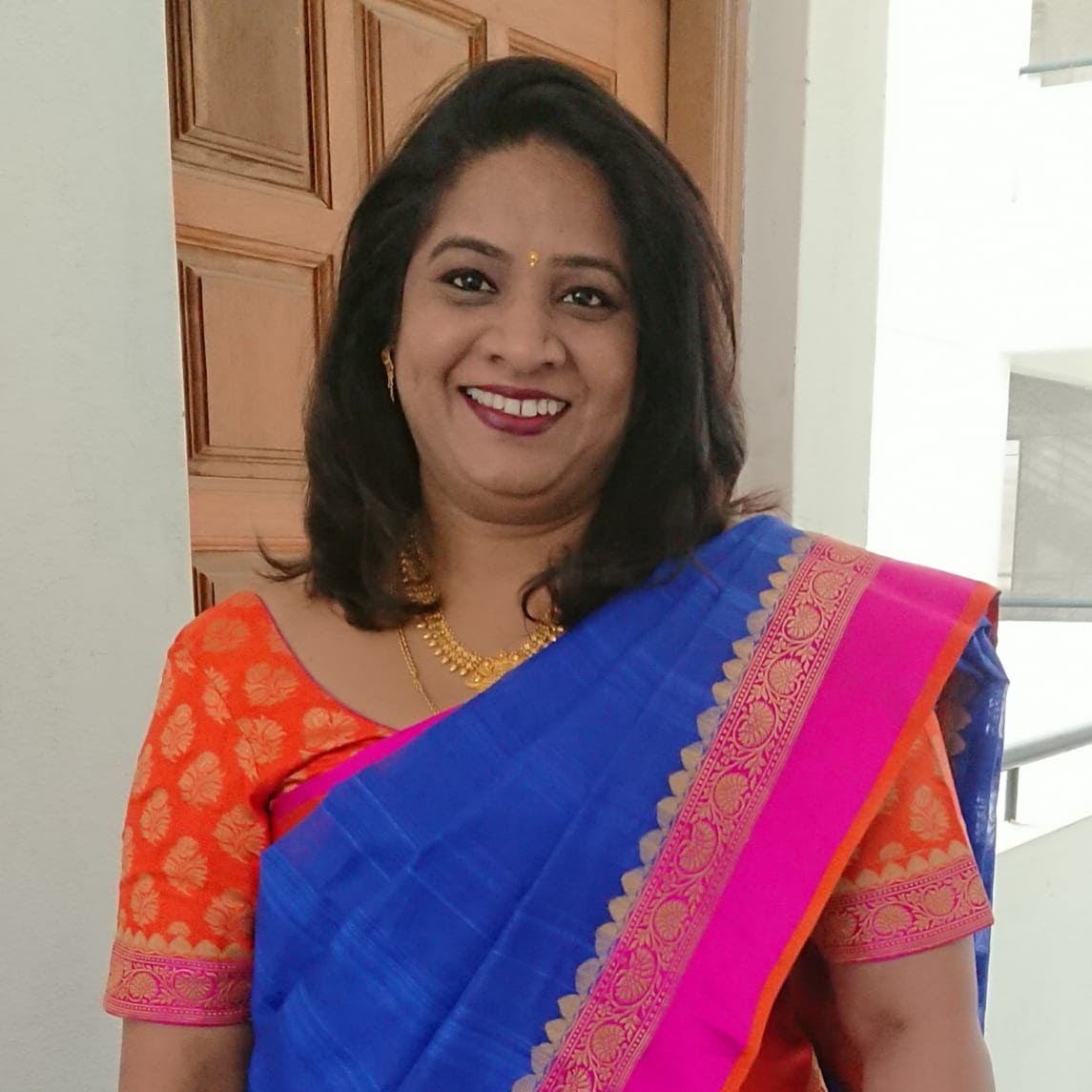
Benjamin, COO of Vijay Kiran Group of Institutions
How have leading institutions pioneered the shift from offline to online classes? Clearly, they need to create a long-term vision, focusing on adaptability while keeping all stakeholders in mind. The Ken42 team interviewed the COO of Vijay Kiran Group of Institutions, Ms. Sunalini Benjamin, on ensuring that children get the most from their education, despite complicated times.
Here are some of her insights.
Ken42: Apart from video call lectures, how do you think technology has eased the transition from in-person to online schooling?
Sunalini Benjamin: A crisis brings out the best in you, doubtlessly, technology has drastically eased the transition from in person to online schooling or E - learning. It is a transition that has brought about effective teaching-learning strategies. Assorted strategies in educational technology are available for schools to adopt and actualize, besides video call lectures breaking down the educational model of “one size fits all.” Asynchronous sessions have helped students revise and recap concepts explained numerous times, catering to gaps due to learning styles and enhanced self- paced learning. The comfort of reverting to the learning session repeatedly, has embedded learning outcomes in the student. Google Chats and social media have supported students in clarifying understanding with teachers anytime. Assessments, debates, discussions, have gauged and assessed students’ learning outcomes. Project and problem-based learning have encouraged self-learning and personalized learning. Enhanced 21st century skills like digital media literacy, technological skills, communication and critical thinking have subtly been ingrained. Collaboration and partnership amidst teachers, parents and students, have made the entire education ecosystem user-friendly and transparent.
Ken42: What aspects of technology do you think your institution can continue to use after classes become in-person again?
Sunalini Benjamin: Opening up the frontier of education beyond the classroom is something schools should have done much earlier. 21st century learning specifically requires the Internet and technology. We will unquestionably be using an effective Learning Management System, wherein curriculum can be accessed anytime.
Assessments, remediation and accelerated learning as an integrated whole will continue to measure learning capacities and motivate further learning. The education design will revolve around hybrid learning comprising blended learning models that will lead to integrating technology in teaching and learning; thereby providing access to varied learning resources through student - centric methods.
Ken42: What are the gaps you see between technology and education needs?
Sunalini Benjamin: The digital gap will need to be addressed as a priority, providing equitable access to digital tools and learning opportunities for all students. A positive partnership with parents will help resolve this gap. An additional qualification for teachers will comprise effective usage of digital tools and hybrid learning strategies.
Education needs comprise emotional, social, physical, aesthetic, intellectual and psychological development. Unless, there is a one-on-one bonding session with students, some of these areas could be compromised. Motivation and engagement could perhaps accelerate with engaging classes. Few therapies for differently abled students, like occupational therapy could face a set back unless they meet with the teacher face-to-face.
Ken42: What are the resources that have helped you during this time of adversity?
Sunalini Benjamin: As an ISO certified institution, G-Suite was widely used by teachers before the pandemic. Risk mitigation during the lockdown helped us seamlessly take on the E-learning platform using the Iceberg model and Plan-Do- Check- Act Cycle. The Iceberg model is one that helps you brain storm on models, patterns and structures, which are helpful for an organization in ensuing plans. In addition the ‘Plan – Do – Check – Act’ Cycle which is widely practiced with ISO 9001:2015 certified organizations provides space for Strategic thinking and planning. Virtual discussions, framing of policies and SOPs amongst our team including the Board of Management, helped us gel into the ‘new normal’ with ease.
Ken42: What do you foresee as the new normal for education?
Ans: The new normal calls for a paradigm shift in the way we perceive child development and education. A re-examination and re-structure to students’ well-being and success that goes beyond the classroom, which is holistic, has to be conceptualized.
The National Policy of Education 2020 focuses on review and amendments, of which education beyond the School must be examined. Teacher qualifications need to be redefined proficiently, with the paradigm shift in comprehending student success.
An advanced approach to hybrid learning, no student being left behind, learning anywhere, anytime, anyhow through self - paced learning will be the new normal in education and we should take advantage of it.
Ken42: Will the advent of technology in education affect syllabus structure?
Sunalini Benjamin: The hybrid-learning model allows students to be responsible for their learning consequently, the duration for syllabus is minimized. The additional time can empower skill-based education and accelerated learning. Personalized learning will lead to improved student achievement thereby increasing the self-esteem of the child.
A reconstructed syllabus with emphasis on holistic development, nurturing of talent, co- curricular activities, preparation for skills beyond school, should be an imperative for every student, as a consequence of the syllabus restructure.
In conclusion, the cutting edge of innovation in education will require a combination of design thinking, lean thinking and agile thinking, eventually, optimizing student achievement and progress.
Ms. Benjamin brings to light an important point about hybrid learning and its effectiveness in 21st century education. Both students and teachers must adopt digital solutions to achieve more holistic outcomes.
Ken42 enables schools like DIC to actualize their pioneering vision. We help in delivering better student outcomes and teaching experiences, as well as sharper insights for administrative staff. India’s first System for Education and Design Management (SEDM), Ken42 brings together technology, content and people to solve prevalent problems in education and contribute to worthy professionals of the future. The team is honoured to have had the opportunity to interact with Vijaya Kiran Group of Institutes.